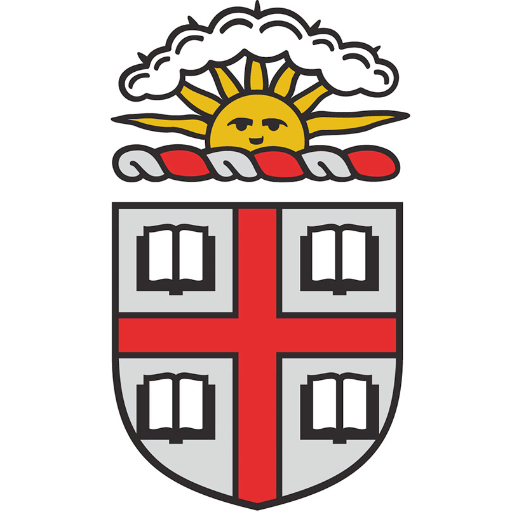What is the digital? Is it discontinuous signals, binary code, discrete symbols? Is it a logic that manages networks, labor, and cultural production? Is it a continuation of technologies of organization and oppression coterminous with the project of Western modernity? “Digital Histories,” the Department of Modern Culture and Media’s inaugural Graduate Student Conference, emerges from these questions. From French (post)structuralism, to strains of feminist science studies, to offshoots of German literary theory, the problem of how to attend to digitality has been a longstanding concern of scholars from various disciplines. Not only a question of how contemporary digital platforms intervene into popular media, democratic norms, and consumer culture, academic concerns with the information age are far reaching and have a rich tradition. What can we do with the digital, and what can the digital do to/for us? Is there a story that can be written about the digital?
Just as we ask “what is the digital?” we also ask: “what is history?” It is our contention that these questions are intertwined: the discontinuity that is often said to characterize the digital poses a challenge to the historical as a normative disciplinary form. If the production of historical knowledge within the academy hinges on linear, narrative storytelling – including but not limited to tenure lines awarded to those able to author monographs – can such histories adequately attend to digitality? Or might the proliferation of digital knowledge forms undermine such narrative histories? When we combine the digital with the historical, we wish to identify these routinely interlocking scholarly concerns as methodologically contentious. Whether using digital methods with historical materials, or taking an historical approach to the digital, the boundaries between object and method become necessarily blurred.
With these tensions in mind, we invite papers that engage with the digital in its varied forms, from digital cinema and new technocultures to media archaeology and critical code studies. Potential panel topics could include:
- Cinema after the digital
- Race, digitality, futurity
- TV/digital convergence
- Computing the border: surveillance at the edge of (de)nationality
- Digital bodies: minoritarian network cultures
- Archiving the digital: from decolonial practice to the digital humanities
- Innovation beyond California: digital regionalism(s)
- Digital interventions and resistances
- Surveillance and digital networks
- Histories of digital models and modeling
- Media Archaeology
- Code studies
- Software studies
- Artificial Intelligence
- Algorithm studies
Interested graduate students should submit abstracts (maximum 300 words) – along with short biographies (maximum 150 words) – to digitalhistoriesmcm@gmail.com by July 31st, 2022. Decisions will be released by the end of August. For more information, please contact us at the above email.
The department of Modern Culture and Media is also offering travel awards to help graduate students attend the conference. If you are interested, please mention in your email that you would like to be considered.
For more information click "LINK TO ORIGINAL" below.
